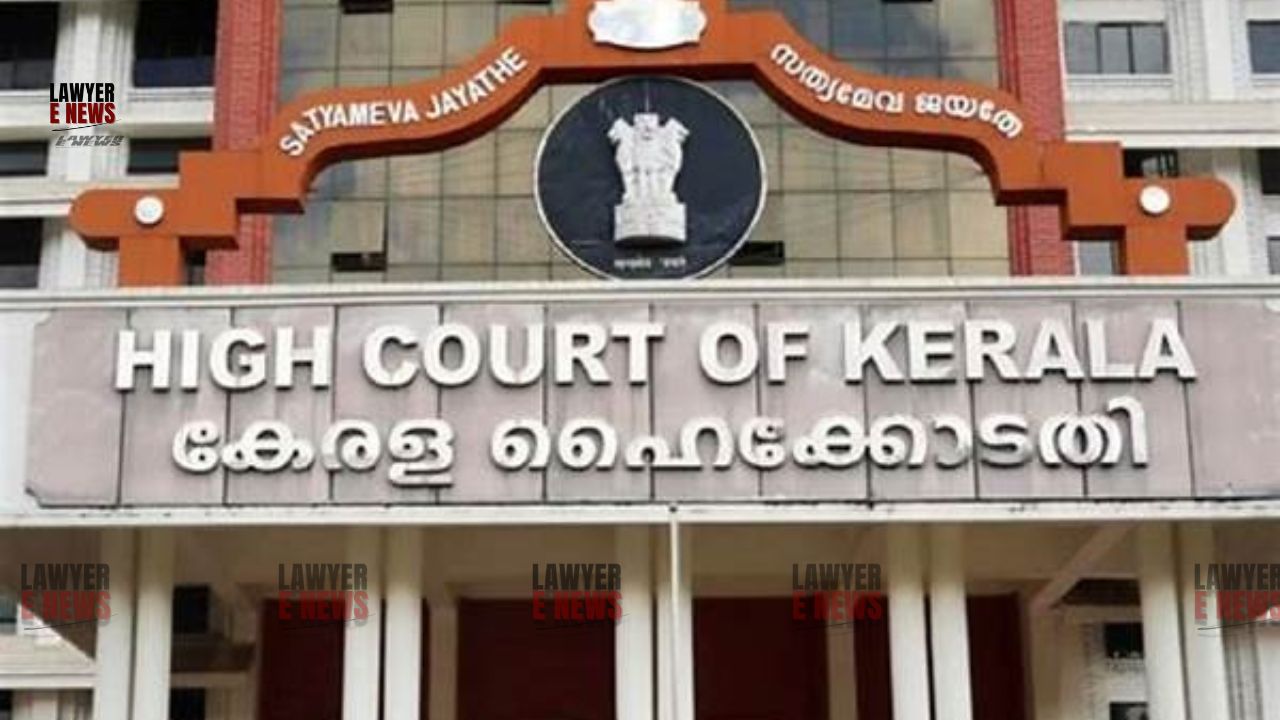-
by Admin
15 February 2026 5:01 PM



In a significant judgment, the High Court of Kerala at Ernakulam has ruled in favor of the petitioner, JTPAC, directing the Maradu Municipality to refund the entertainment tax paid on unsold tickets for a music concert. The court’s decision underscores the importance of adhering to statutory provisions governing tax levies.
The case involves JTPAC, a performance arts center under the Choice Foundation, which organized a music concert on October 14, 2016. The event was held within the jurisdiction of the Maradu Municipality, and the petitioner had produced 1,020 tickets priced at ₹600 each for stamping under the Kerala Local Authorities Entertainment Tax Act, 1961, and the Kerala Local Authorities Entertainment Tax Rules, 1962. The petitioner paid a total of ₹1,77,182 in entertainment tax, service cess, and security deposit.
However, only 265 tickets were sold, leaving 755 unsold. JTPAC requested a refund of the tax paid on the unsold tickets. The Municipality refused, instead appropriating the tax amount to the Chairperson’s Distress Relief Fund. Despite agreeing to donate ₹10,000 to the Fund, the Municipality did not refund the entertainment tax, prompting JTPAC to file a writ petition.
The court examined the relevant sections of the 1961 Act and 1962 Rules, emphasizing that entertainment tax is levied only on tickets sold. Section 3 of the Act specifies the tax applies to payments for admission to entertainment, which necessitates actual ticket sales. The court cited a precedent, Municipal Council, Kottayam v. K. Mahadeva Iyer, which supports refunding the value of unused, unstamped tickets.
Justice Gopinath P. highlighted that taxation must be authorized by law. The appropriation of tax paid on unsold tickets to the Distress Relief Fund lacked statutory basis, violating Article 265 of the Constitution. The court remarked, “The tax can be levied only by authority of law, and any other appropriation would be unconstitutional.”
The High Court quashed the Municipality’s communications (Exhibits P4, P6, and P8) and directed the refund of entertainment tax paid on unsold tickets, after deducting the committed ₹10,000 donation to the Distress Relief Fund.
This ruling reinforces the principle that taxes must be levied and collected strictly according to statutory provisions. The judgment not only provides relief to JTPAC but also sets a precedent ensuring municipalities adhere to the legal framework in tax matters. The decision underscores the judiciary’s role in upholding constitutional mandates and statutory interpretations in tax disputes.
Date of Decision: June 18, 2024
